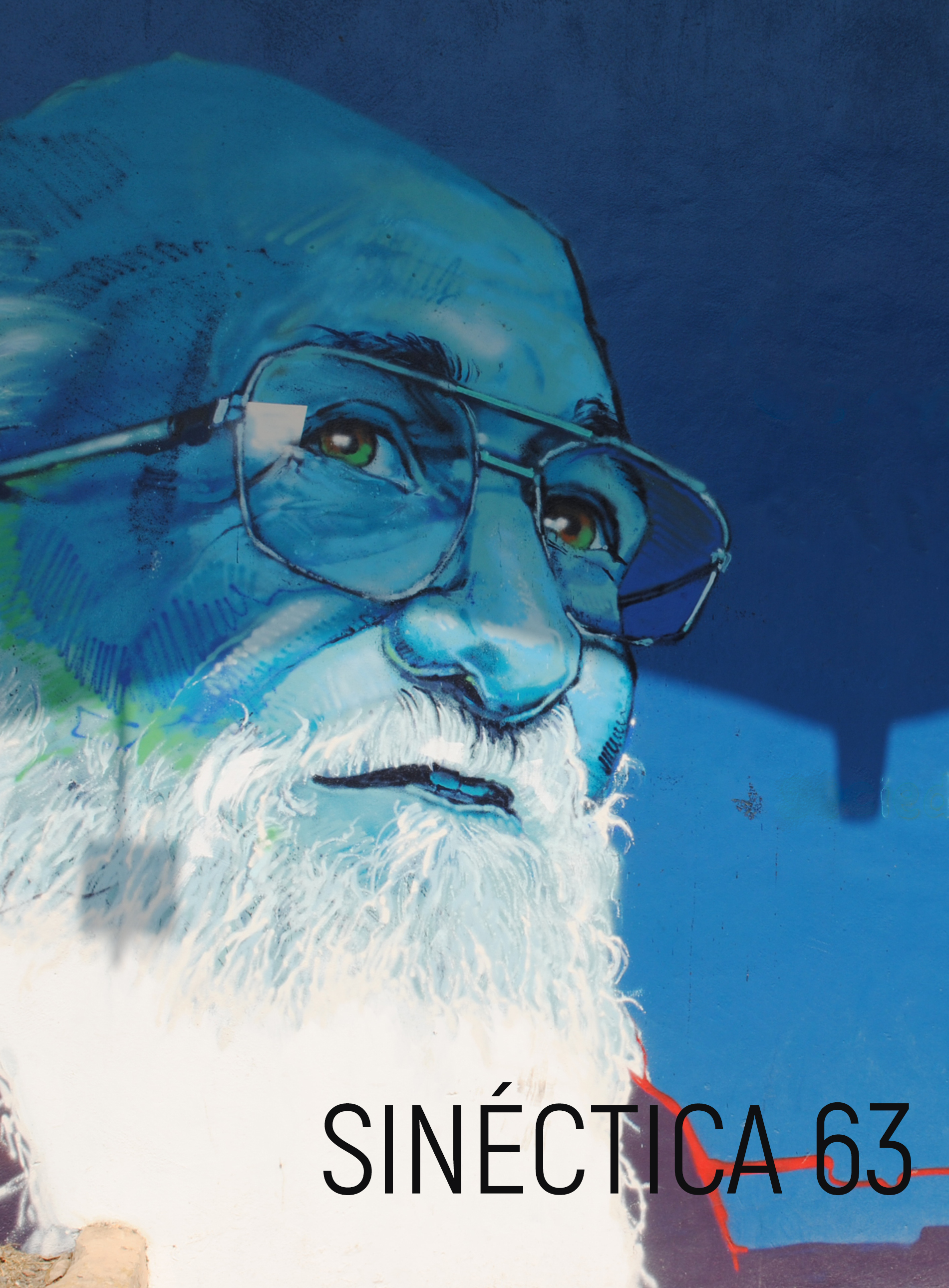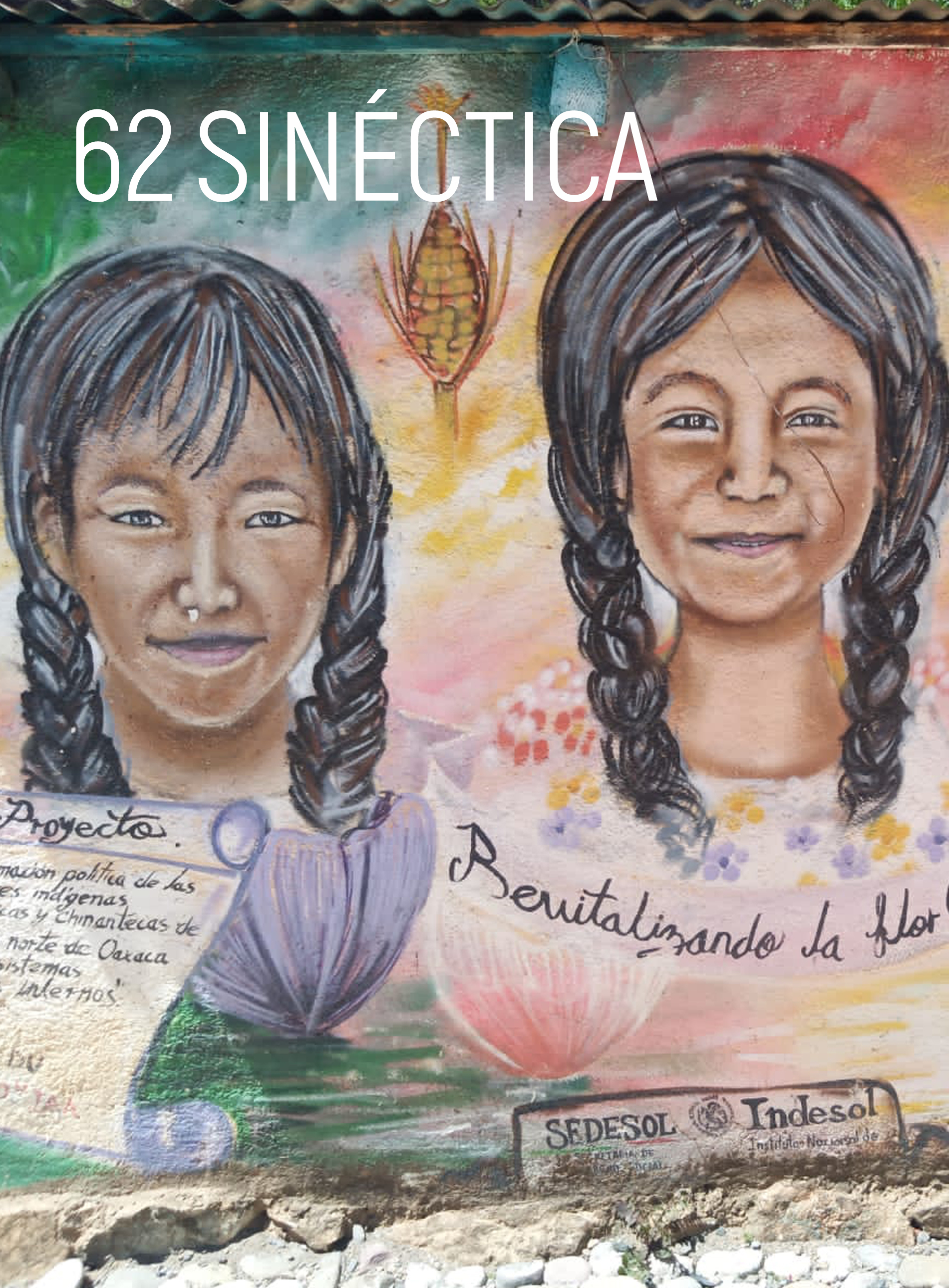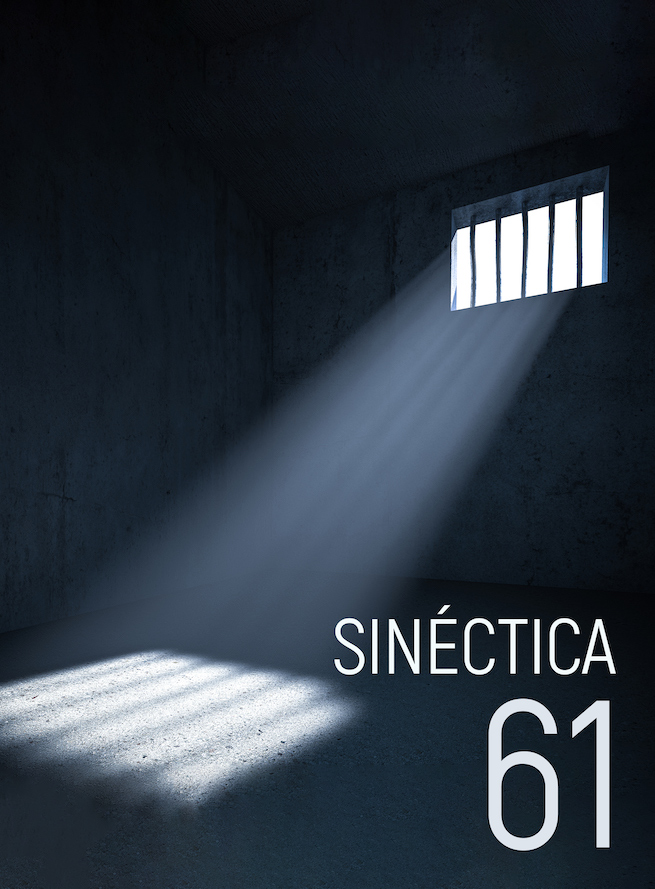RECUPERACIÓN DE LA PRÁCTICA EDUCATIVA: UNA ALTERNATIVA A LA INVESTIGACIÓN EN EDUCACIÓN
Abstract
La recuperación de las prácticas educativas es un fenómeno en el campo de la educación que surge de una crítica al modelo técnico de la educación. Este movimiento, que en un lapso de 25 años ha recorrido un largo camino, es reconocido cada vez más. Su origen en Inglaterra parte de los escritos de Basil Bernstein y su estudio realizado desde el campo de la sociología sobre los códigos sociolingüísticos y el control social; influencia también este movimiento el pensamiento del filósofo alemán Jürgen Habermas y su reflexión sobre la denominada teoría de los intereses constitutivos del conocimiento, como el cognitivo–técnico, el práctico y el emancipatorio o crítico. Posteriormente, y ya más específicamente en el campo de la educación, influyen dentro de esta tendencia el movimiento del currículo como práctica y como proceso, en el que se hace hincapié en la construcción del currículo, partiendo de las prácticas reales de los docentes en las aulas, convirtiendo de este modo al maestro como investigador de su propia práctica. Cabe mencionar aquí a L. Stenhouse, S Kemmis S. Gruñid, y J Elliot, quienes realizaron estudios en esta línea en Inglaterra y Australia.
Downloads
Downloads
Issue
Section
License
This work is licensed under a Creative Commons Attribution-NonCommercial 4.0 International license.
Authors who publish in Sinéctica agree to the following terms:
The authors retain copyright and grant the journal the right of first publication of the authorized work simultaneously under a Creative Commons Attribution License, which allows others to share the work as long as both the authorship of the work and the initial publication in this journal are acknowledged.
Authors may enter into additional separate contractual agreements for non-exclusive distribution of the published version of the journal (e.g., publishing in an institutional repository or a book), with acknowledgement of initial publication in this journal.
Authors are allowed to publish their work in institutional repositories or on their own website before and during the submission process, as it may generate productive exchanges, as well as earlier and greater citation of the published work.
Explanatory note: As of 2017 Sinéctica is governed by the Creative Commons Attribution Non-Commercial 3.0 International License, a version that standardizes licenses internationally.
Articles published between 1992 and 2016 are covered by a Creative Commons Attribution-NonCommercial-NoDerivatives 4.0 International license, which allows a work to be shared and distributed non-commercially and with acknowledgement of the author, but prohibits modification of the original creation.






















